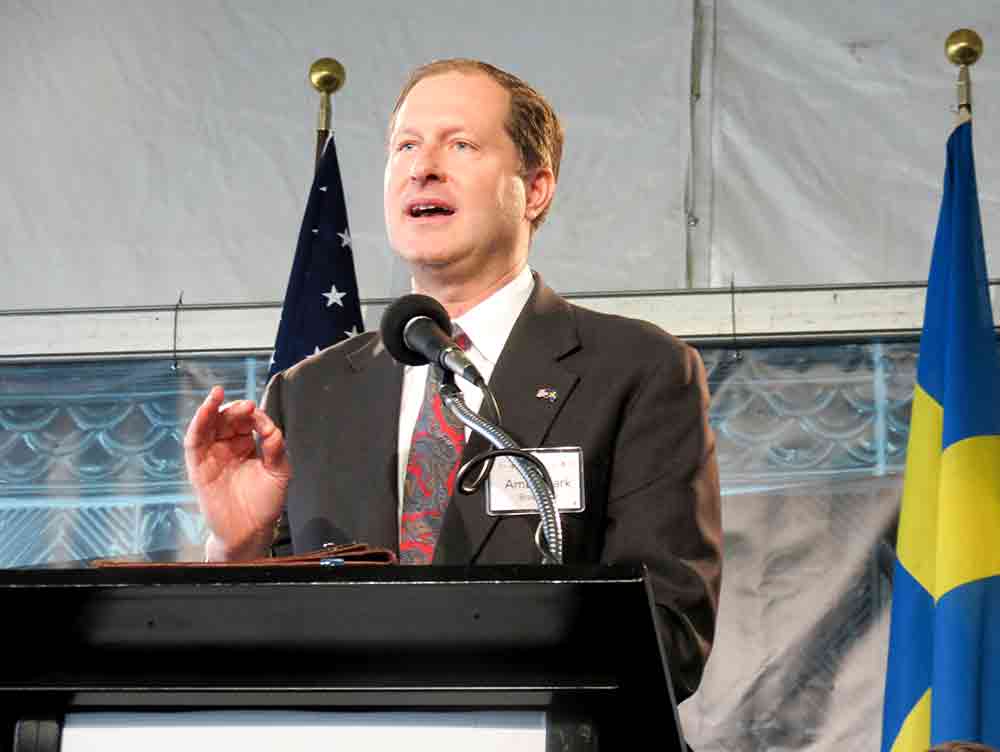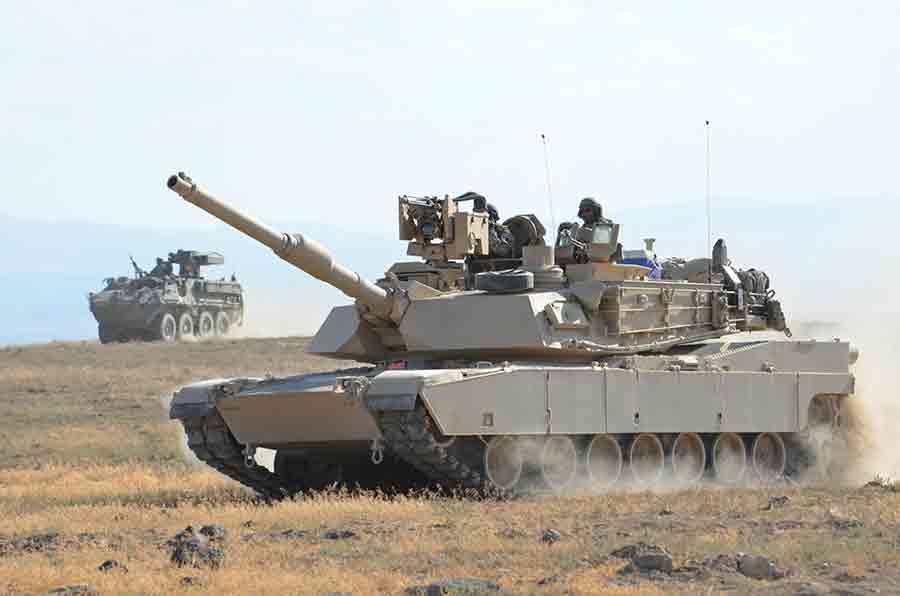The North Atlantic Treaty Organization (NATO ) is a military treaty established on August 24, 1949. The purpose of NATO at the time of its creation was military defense against attack by the USSR and its satellite states.
After the end of the Cold War and the transformation of the political and economic order in the world, the countries belonging to this alliance are already showing different directions of interest. Germany is focusing its attention on establishing a strategic partnership with Russia, the proof of which lies at the bottom of the Baltic Sea, where the second line of the Nord Stream [pipeline] will soon be completed. The French, in turn, believe that Napoleon is still alive and want to build their security on an alternative structure to NATO in the form of a European army.

Source: Wikipedia
The Americans, in turn, are tested by Putin in the Donbas and the entire eastern flank of NATO, and by Xi Jinping in the game for Taiwan. In both the first and the second game, America's recent allies finde themselves unable to fully declare whether they are on the side of Russia's violations of international law and China's human rights violations, or whether they still stand firm on the side of Atlantic values developed over the last few decades.
Let me remind you that, in 1994, the Budapest Memorandum on Security Guarantees was signed in Budapest — an international agreement that does not have the status of a treaty. The memorandum speaks of respecting the sovereignty and territorial integrity of Ukraine, and refraining from all threats of using force against its independence and territorial integrity. They were signed by the United States, Russia and Great Britain. This case clearly shows that Germany and France are being played up by Russia over Ukraine's sovereignty.
That is why Ukrainian politicians want to move the peace talks from Minsk to another place, and possibly with other negotiators who would represent a more objective approach to maintaining peace on the Russian-Ukrainian border. We wrote about it in Kuryer Polski.
The new American diplomacy shows, however, that the foreign policy principles of the new administration have not changed dramatically, as many Warsaw commentators had promised. The diplomatic clash with China in Alaska shows the logical direction of American diplomacy.
You should also note the unpleasant fact that instead of looking for allies and lawyers in Paris and Berlin, it is worth looking for those who have similar problems and that it is worth making agreements and alliances with them. The Ukrainians found this out, and it is interesting when the Balts and we Poles will discover it. "Ukraine has the right to defend itself! Poland will help to resist the aggression of the Russian Federation" is a strong diplomatic message of the Minister of Foreign Affairs of the Republic of Poland, but the message must be followed by action.
Time to build a strong army, plans and strategies for active action by the Polish diplomacy, Poles, and the Polish media in the matter of observing international law. You can't get along, patting on the shoulder and paying someone for oil or gas, who intimidates, annexes and murders people belonging to countries that share the same values as us. It's time for us to start exposing this hypocrisy in the global media. Time to expose the deceptions of any useful idiots and great friends of the dictator.





